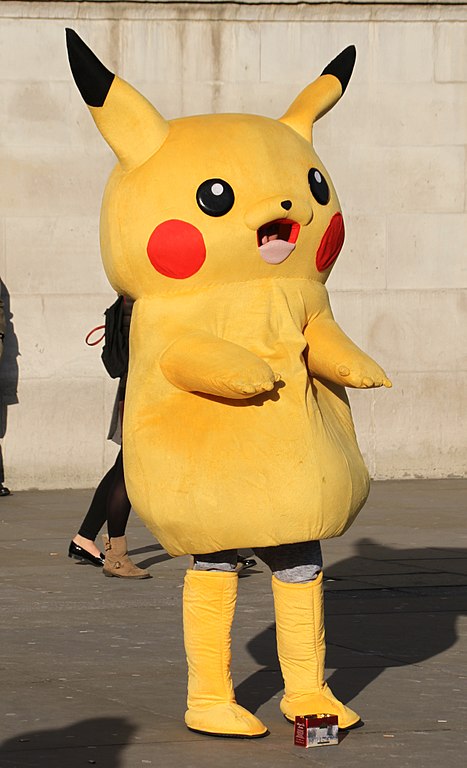NH asks: “Just how problematic is Pokemon?
It all depends on how deeply you get involved in the game.
Pokemon, which means “pocket monster” was created in 1996 by Nintendo in Japan. It is essentially a role-playing card game involving cards containing at least 150 different “monsters.” Each “monster” has special powers and children aim to collect as many Pokemon as possible in order to use their special powers against other people’s Pokemon. In addition to the Pokemon cards, there are also “evolution” cards which depict Pokemon that can evolve into more powerful creatures, and “energy” cards which can be united with other cards to give a Pokemon more power.
There are different categories of Pokemon such as psychic Pokemon who can read minds, hypnotize, and “consume” people’s dreams. Poison Pokemon rely on poison, stealth, silence, and the breaking of opponents’ bones to get their way. Electric Pokemon resort to lightning bolts and explosions to overcome their opponents.
Some of the cards contain occult symbols such as Kadabra who sports a pentagram on his forehead, SSS on his chest and is depicted giving the satanic salute with his left hand.
As this article about the game appearing on the Focus on the Family website recommends, parents will have to weigh whether the inclusion of magical components such as those described above and its focus on elemental and spiritual ideas which are rooted in paganism, makes the game off-limits. They may also want to determine if some of the more compulsive elements of the game are problematic, including the amount of money it can take to play.
The risk is heightened if a child wants to go more deeply into Pokemon, especially the card game, because they “will be exposed to ideas that while not occultic, per se, definitely move in directions Christian parents might be less than comfortable with.”
It continues: “Parents who say yes to Pokémon need to actively engage with this particular imaginative world with their children. Look for ways to compare and contrast the game’s themes with those of Christian beliefs. For example, Pokémon Go imagines a world full of these magical creatures all around us. In a parallel way, the apostle Paul taught the Ephesian church that there’s a spiritual battle taking place all around us (Ephesians 6:10-17).”
The review concludes: “Overall, the Pokémon franchise probably isn’t the most problematic pop culture property out there. But neither is it completely innocuous. Families need to approach its potential philosophical and pragmatic problems with discernment and wisdom.”
© All Rights Reserved, Living His Life Abundantly®/Women of Grace® http://www.womenofgrace.com










